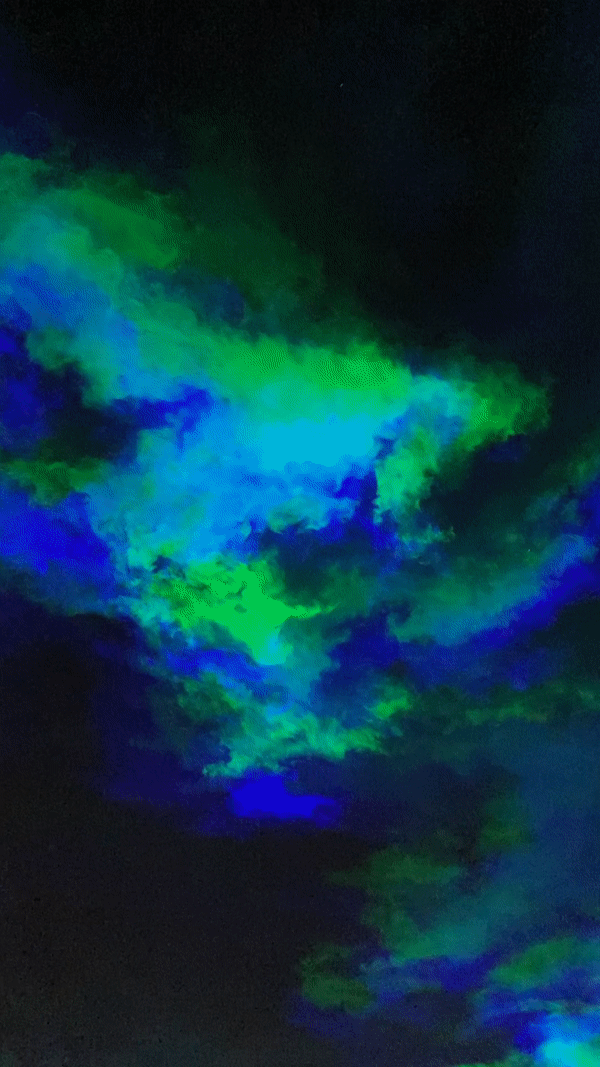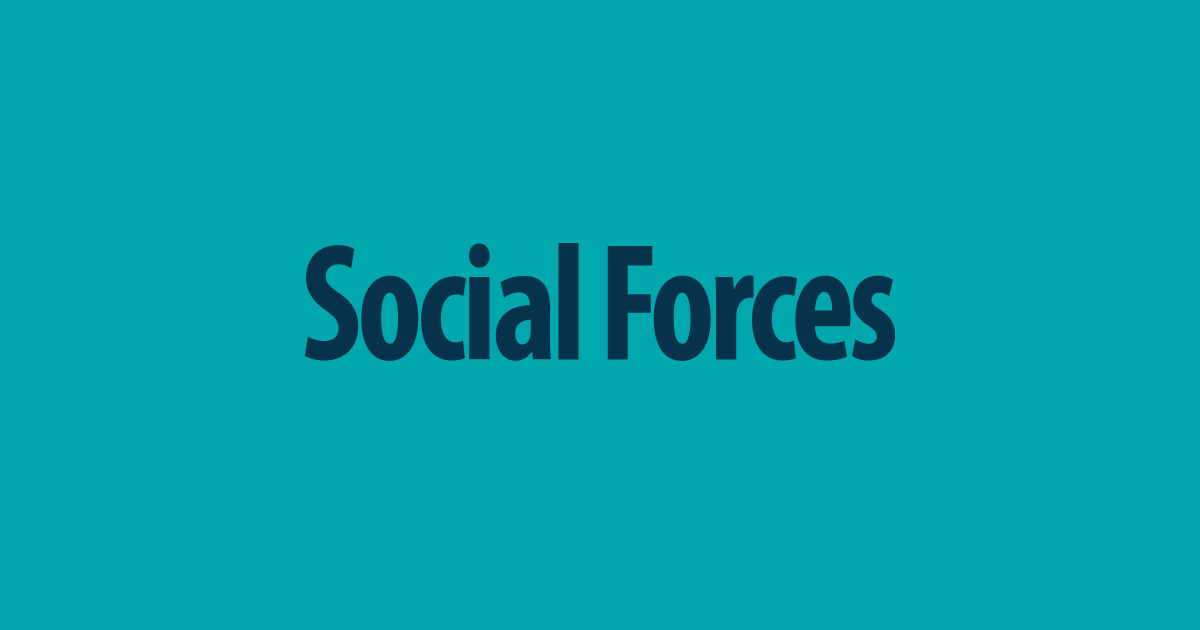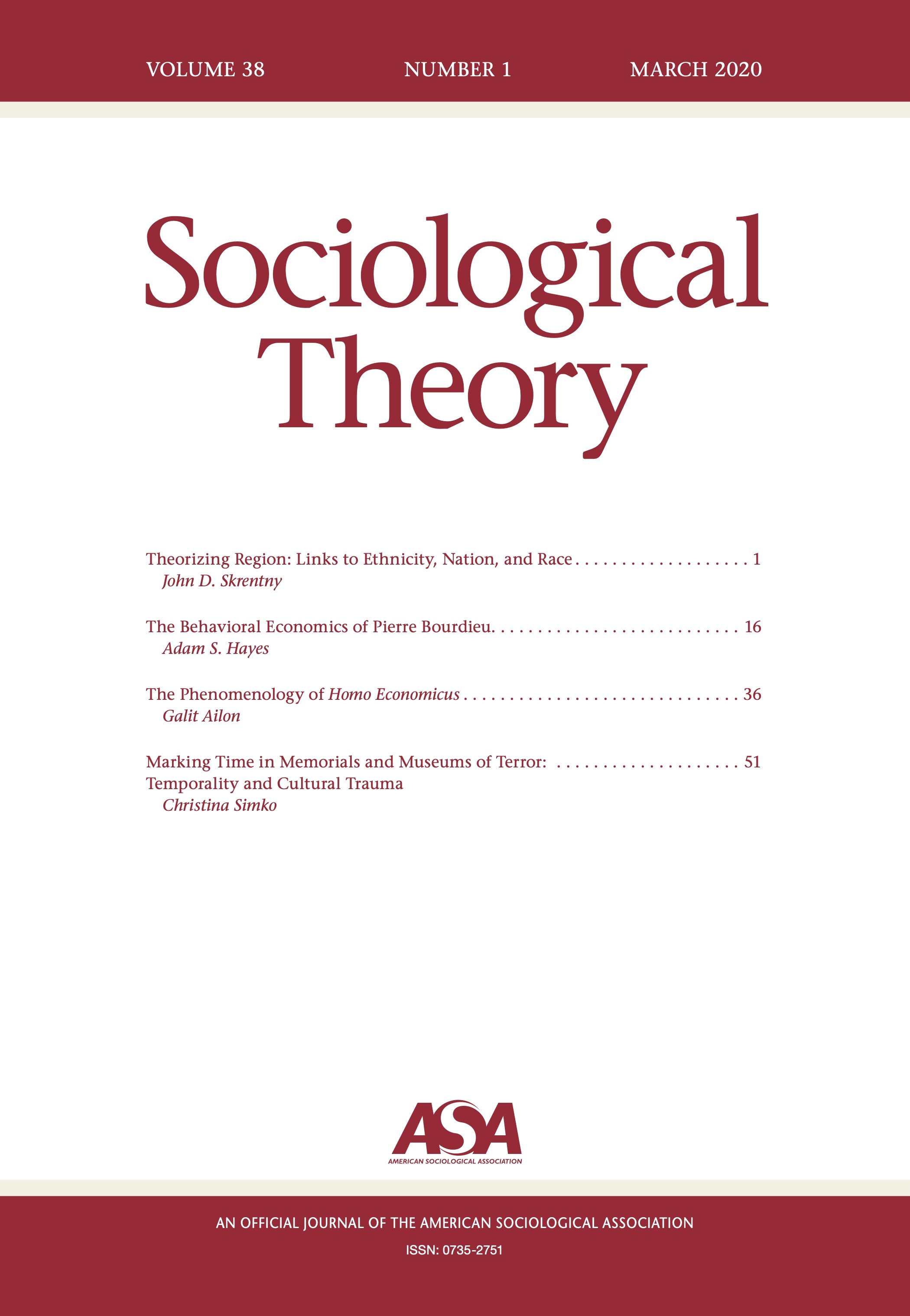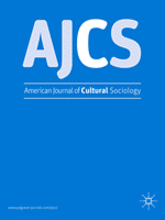IOANA SENDROIU
Assistant Professor of Sociology
University of Hong Kong
ABOUT
I research how people navigate social change. I’m interested in how we problem-solve huge challenges, such as political transformations, economic crises, or environmental disasters. What are the possibilities and limits of creativity in these moments? And how can we be more resilient — as individuals, as organizations, and as societies?
I am currently Assistant Professor of Sociology at HKU. After getting my PhD in Sociology from the University of Toronto, I was Senior Research Fellow at the Max Planck Institute for Research on Collective Goods and Postdoctoral Fellow at Harvard University, where in 2022 I coordinated the Weatherhead Research Cluster on Comparative Inequality and Inclusion. Other current or past affiliations include the Berlin Social Science Center (WZB), the University of Copenhagen, Brown University, the American Bar Foundation, and NYU Shanghai.
Using computational, quantitative, and qualitative methods, my work has been published in a range of journals:
PROJECTS
-
My research focus is on environmental entrepreneurship, specifically the creation of a market for carbon management. This is a multi-actor process, across entrepreneurs who see an opportunity, governments looking to incentivize their technological innovations, and activists concerned about what market creation means for mitigating climate change. Building on pragmatist and new pragmatist theorizing, I argue that they all share the same goal (i.e., addressing climate change), but disagree on what problem needs to be addressed in order to achieve it (e.g., climate pessimism, inadequate funding, capitalism itself). In turn, these contestations and contradictions have tremendous implications for any organization with ‘net zero’ plans (which implicitly include carbon removal), and ultimately for how we can problem-solve climate change.
-
I have a number of publications out or under review on crisis sensemaking. With reference to businesspeople navigating the beginning of COVID-19, I show that crises do not automatically narrow cognition. The question, then, is how people think through and build resilience during these moments. In a series of papers, I argue that expectations of resilience are built through temporal narratives of crisis. It matters, for instance, whether businesspeople feel that past crises could have prepared them for what they’re currently facing, or whether career setbacks impede people’s hopes for the future rather than their realistic plans.
-
I have also used archival research on Cold War politics to study how people identify social transformations, as well as how they work to resolve them. With Mitchell Stevens, I am now co-leading a project to develop sociologies of the Cold War, with an edited volume currently under review at Social Science History. Drawing on myriad rich empirical findings, our project engenders novel insight into the kaleidoscopic nature of social structures, which we argue are eventful and actionable, but differently depending on one’s vantage point. To date, my research on the Cold War has also been published in Sociological Theory, and recently received the ASA’s Junior Theorist Award (Honorable Mention).













